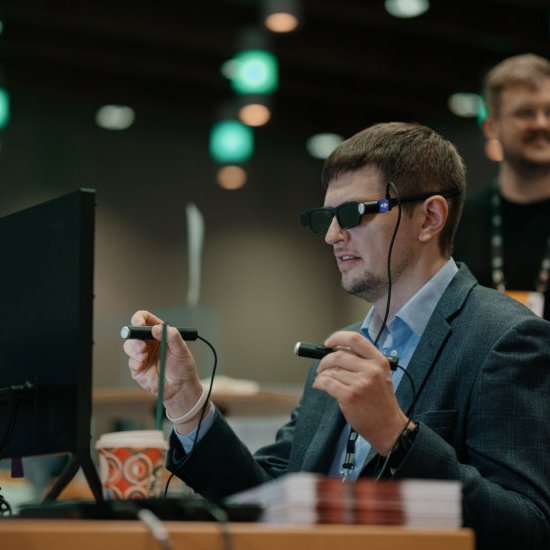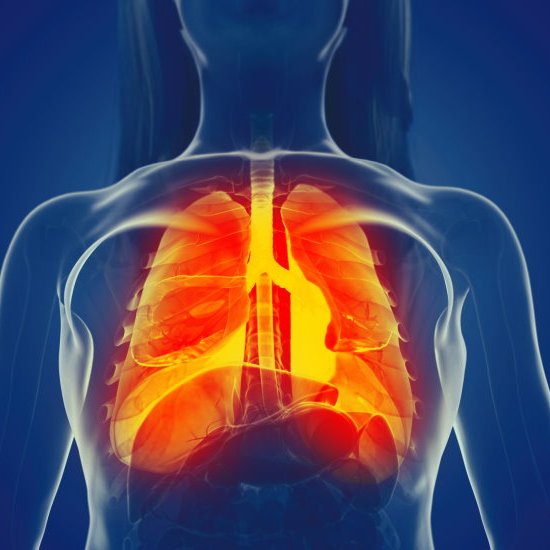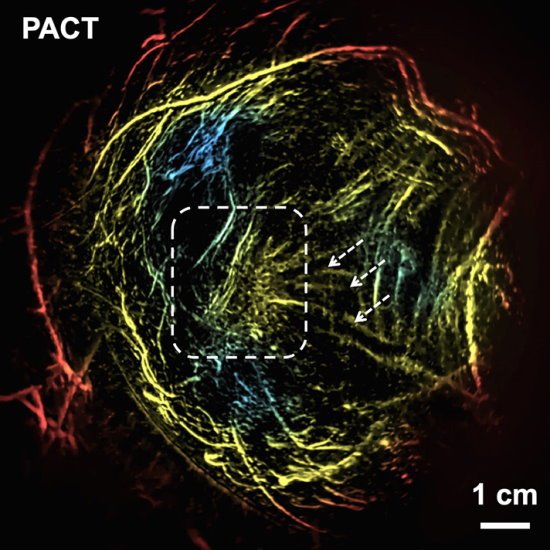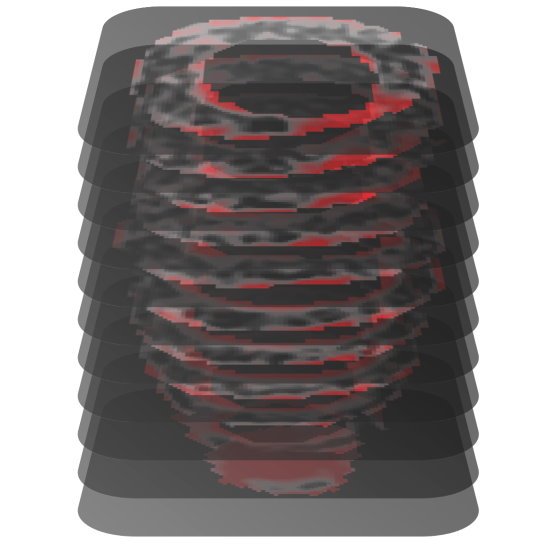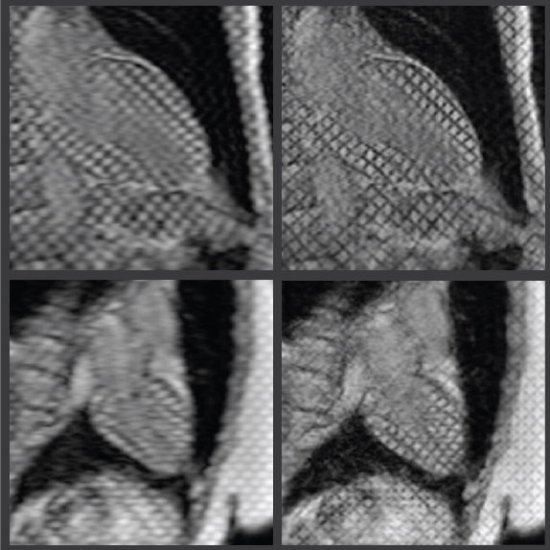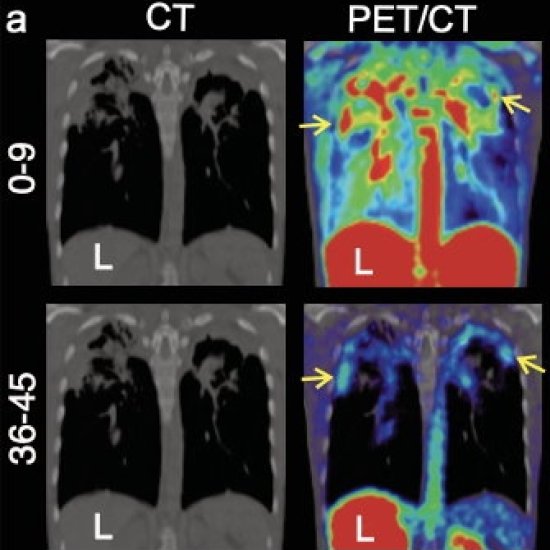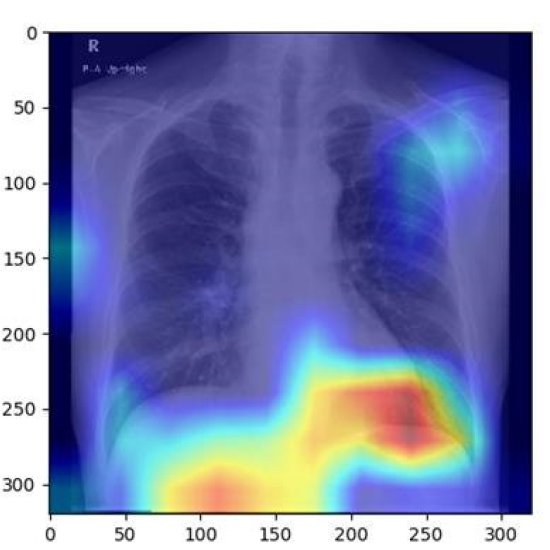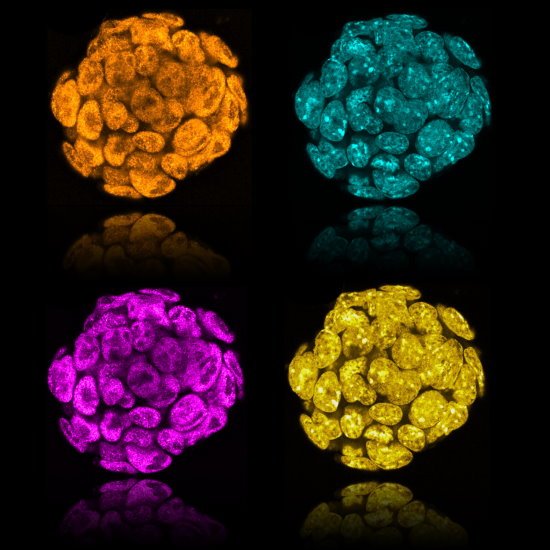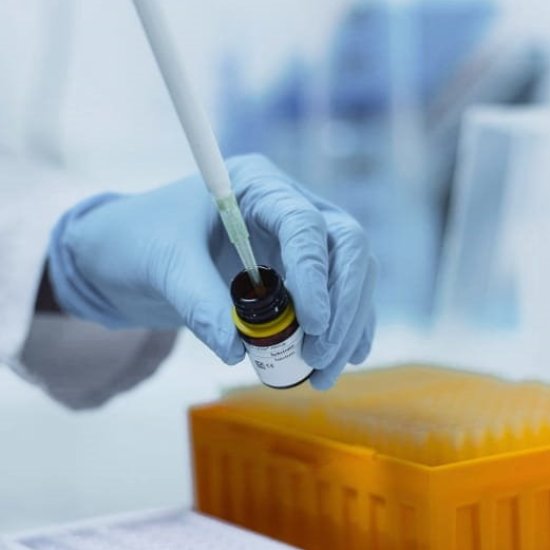
|
|
AI-powered MRI analysis for cardiac arrest prediction, new techniques for safer breast imaging, and ultrafast snapshots of the beating heart – the applications for diagnostic imaging are expanding rapidly. This newsletter explores some of the most exciting new approaches. With this wide range of possibilities, radiologists can not only contribute to promote the health of their patients, but also put their expertise to use to protect society's most vulnerable members. Enjoy reading!
|
|
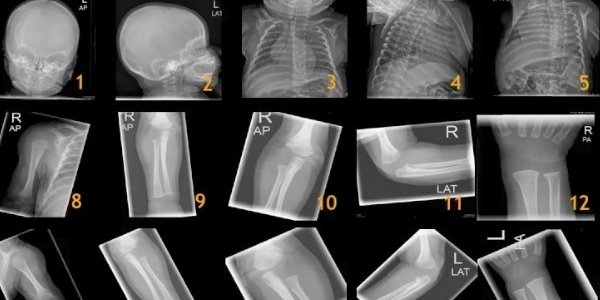 |
Article • Paediatric trauma in diagnostic imaging
Covid-19 has intensified domestic violence rates worldwide, with children among the most vulnerable victims. At the ECR 2025 radiology congress in Vienna, Dr Rick R. Van Rijn presented compelling insights into how radiologists can identify ... |
News • Pharmaceutical Automation and Digitalisation Congress
The Pharmaceutical Automation and Digitalisation Congress (AUTOMA+) 2025 welcomes delegates to be a part of its 5th anniversary in Vösendorf, Austria on 24-25 November. This edition focuses on AI-powered pharma, robotics and smart digital solutions. |
|
Article • Respiratory health
Pulmonary embolism (PE) remains one of the leading causes of maternal mortality. At the French Thoracic Society Spring Days in May, Dr Aurélie Dehaene, radiologist at European Hospital in Marseille, France, reviewed diagnostic strategies for ... |
|
Video • Empathetic avatar
A virtual medical receptionist named “Cassie,” developed through research at Texas A&M University, is designed to transform the way patients interact with health care providers. |
|
News • Photoacoustic computed tomography
A new technique called photoacoustic computed tomography (PACT) offers a breast imaging alternative without the discomfort, high costs, or risk associated with the conventional evaluation methods. |
|
News • Multimodal AI for ventricular Arrhythmia Risk Stratification
Analyzing heart imaging and a full spectrum of medical records, a new AI tool can reveal previously hidden information about a patient’s heart health, including predictions of sudden cardiac arrest. |
|
News • Diffusion-based generative model
An AI-assisted model can take low-quality MRI heart scans and turn them into high quality images, while reducing the time needed to scan the heart by about 90%. |
|
News • Mycobacteroides abscessus
A new PET imaging technique can accurately detect and monitor Mycobacteroides abscessus lung infections—one of the most difficult-to-diagnose conditions in patients with lung diseases. |
|
News • Deep learning model
A research group at Osaka Metropolitan University developed an AI model that can detect the presence of hepatic steatosis (fatty liver disease) from chest X-ray images. |
|
News • Auto-immune condition
Patients with systemic lupus erythematosus (SLE or ‘lupus’) may wait for up to 40 years to receive the correct diagnosis. New research highlights the causes and devastating impact of these delays. |
|
News • Chromatin remodeling
A research team at the University of Geneva has identified two new proteins that regulate gene expression, a discovery that could pave the way for new cancer and brain disorder treatments. |
|
News • MRD assessment
Newly developed technology can detect breast cancer relapses up to five years in advance. This advance could represent a turning point in post-treatment follow-up, the researchers hope. |
|
Personalia
|
 Heather Jacene, MD
|
|
|
|
| |
You are receiving this email because you subscribed to our newsletter on healthcare-in-europe If you don’t want to receive this newsletter anymore, click here to unsubscribe.
Keep up-to-date on the latest news from all hospital-related fields!
Subscribe to our bi-monthly newsletter. Copyright © 2026 mgo fachverlage GmbH & Co. KG.
All rights reserved. E.-C.-Baumann-Straße 5, 95326 Kulmbach, Germany
email: newsletter@european-hospital.com |
|



|
|


